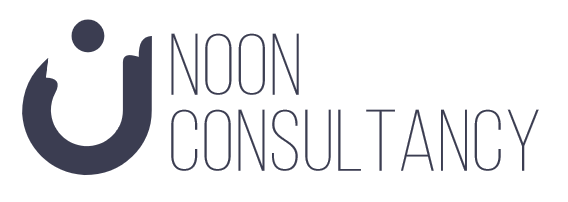
Bench offers online accounting services for small business owners who’d rather spend time growing their business than managing the books each month. Your practice’s financial statements provide insight into its financial health. Reviewing your balance sheet, https://www.bookstime.com/ income statement, and statement of cash flows each month can help you keep tabs on your current cash position, receivables, payables, liabilities, revenues, and expenses. Efficiently managing the cash flow from accounts receivable is a balancing act.
Accounting for a Small Business: Bookkeeping and Accounting Basics
A bookkeeping pro knows how to document and track all of the financial data you’ll need to deliver to your CPA at tax time, for example. This not only helps avoid potential fines for late filing, but also helps you optimize the time your CPA spends working on your taxes. The income statement, balance sheet, and cash flow statement are essential financial statements generated from the maintained books. These statements enable in-depth analysis of the business’s profitability, health, and operations.

Tax Compliance:
Balancing the financial aspects of the practice with patient satisfaction requires transparent and patient-friendly billing practices. Clear communication about billing policies, procedures, and patient responsibilities is essential. In the competitive field of medical accounting, attracting and retaining qualified staff is challenging. Continuous professional development and a supportive work environment are key to keeping the accounting team skilled and motivated. Effectively allocating resources and managing budgets in a dynamic environment requires strategic planning and foresight.

What do Medical Office Assistants Do?
- Medical File Management – the management of patient records, accounting records, contracts and business-related documentation.
- Your patients save time and your practice gets the financial security of knowing exactly when payments come in.
- Reviewing your balance sheet, income statement, and statement of cash flows each month can help you keep tabs on your current cash position, receivables, payables, liabilities, revenues, and expenses.
- Processed claims and patient files may be sent out to insurance companies and other medical practices.
- So even in a best-case scenario, your practice has to collect from two different sources for each bill, which can slow collection considerably.
- Another essential component of medical practice bookkeeping is billing and reimbursement.
- Having the best medical practice management books possible is essential for managing your day-to-day transactions.
A well-designed budget serves as a financial road map for a medical practice. Doctors can use it to define financial objectives, distribute resources effectively, and make informed decisions regarding the expansion and development of their practices. Healthcare providers rarely study business management during higher education. As a result, it’s easy for new practice owners to make mistakes as they transition into business ownership. This process involves matching transactions recorded in your records to the information on your bank or credit card statement.
Finance, accounting, and tax strategies aren’t the most exciting topics for most medical practitioners, but you don’t have to become a master. You usually only need to know enough to hire and manage people who run those functions. When you’re ready to take some of those responsibilities off your plate, accounting and bookkeeping should be your top priority. Here are some common mistakes that arise when you don’t handle your medical accounting correctly.

Complex billing and coding systems
This involves billing, coding, accounts receivable management, insurance claim processing, and ensuring timely collection of payments. Bookkeeping refers to the systematic recording of all financial transactions that occur within a business. This includes recording sales, following up on outstanding accounts, tracking expenses, paying bills, managing payroll, and generating financial statements. Meticulous bookkeeping provides an up-to-date and accurate picture of the practice’s financial health and profitability.
Whether you handle bookkeeping and medical billing on your own or outsource it to a professional, make sure you’re giving it the attention it deserves. When you stay on top of your books, you’ll have real-time insight into your practice’s finances and the information you need to make more informed business decisions. Many health care providers bookkeeping for doctors office try to handle their books on their own using QuickBooks or another DIYaccounting software solution. While this is less expensive than hiring a CPA firm, it often costs more in the long term. Physicians usually aren’t accounting experts, and it’s easy to make a mess of your books and overlook tax planning strategies that can save you money.
- For the medical industry, accrual accounting is the most common form of bookkeeping.
- Cash outflows are the arteries, providing payments to your staff, labs, suppliers, lenders, and physician-owners.
- Detailed ledgers are maintained, including the general ledger for overall activity, accounts receivable ledger, and accounts payable ledger.
- We try our best to keep you with the bookkeeping team you’re assigned when you come on board.
- Cash inflows from billings are like the veins, bringing cash into the heart of the practice.
- But now, as the owner of a medical practice, it’s one of many business functions you need to figure out.
- To help your private medical practice or independent doctor’s office provide the best patient care without losing money, we’ve put together a list of helpful tips for better bookkeeping practices.
